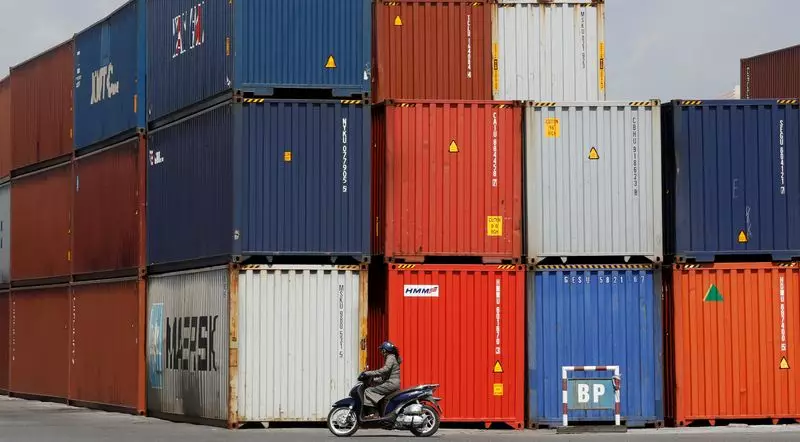The U.S. Commerce Department’s recent announcement to continue classifying Vietnam as a non-market economy country has left Hanoi disappointed. This decision comes at a time when the U.S. has been trying to strengthen ties with Vietnam as a way to counter China’s influence in the region. Vietnam had been hoping for an upgrade, which would have led to a reduction in anti-dumping duties imposed on non-market economies with significant state involvement. However, the designation remains the same, putting Vietnam in the company of countries like China, Russia, North Korea, and Azerbaijan.
The decision to maintain Vietnam’s non-market economy status has been met with mixed reactions. While some sectors, such as U.S. steelmakers, Gulf Coast shrimpers, and honey farmers, along with their representatives in Congress, have opposed the upgrade, retailers and other business groups have supported it. The debate has centered on whether Vietnam’s recent economic reforms and growth justify a change in its classification. Vietnam’s Ministry of Industry and Trade has expressed regret over the decision, emphasizing the need for a fair recognition of the country’s progress.
The decision to keep Vietnam classified as a non-market economy could have implications for the relationship between the two countries. Washington has been actively looking to deepen ties with Vietnam amid escalating tensions with China. Some analysts believe that the failure to upgrade Vietnam could have negative consequences for bilateral relations. The decision has been seen by Vietnamese leaders as a crucial milestone in enhancing ties with the U.S., particularly in light of the strategic partnership between the two nations.
Critics of the decision have questioned the rationale behind maintaining Vietnam’s non-market economy label. They argue that Vietnam’s economy is as free as many others that are not on the list of non-market economies. Some have even gone as far as calling the decision “ridiculous” and “out of whack,” especially considering U.S. President Joe Biden’s recent visit to Hanoi, where ties were elevated to a comprehensive strategic partnership. The move has also been criticized for its potential impact on U.S. efforts to shift supply chains away from China toward Vietnam.
The decision to classify Vietnam as a non-market economy reflects the broader political landscape in the U.S. While some believe that an upgrade would have been a positive step in strengthening ties with Vietnam, others argue that the decision was based on evidence showing that Vietnam’s economy has not transformed enough to warrant such a change. The debate highlights the complex interplay between economic considerations and political interests in shaping U.S. foreign policy decisions.
The U.S. Commerce Department’s decision to classify Vietnam as a non-market economy has raised questions about the future of U.S.-Vietnam relations and the broader geopolitical dynamics in the region. While the decision has been met with disappointment in Hanoi, it also underscores the challenges of balancing economic interests, political considerations, and strategic goals in the context of increasingly complex global relationships.

